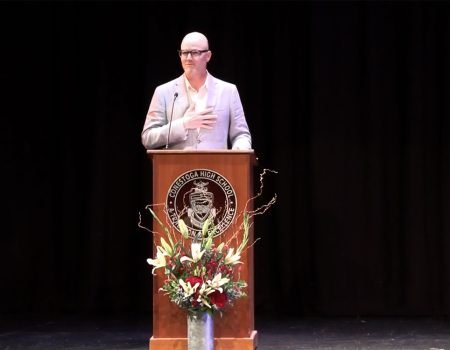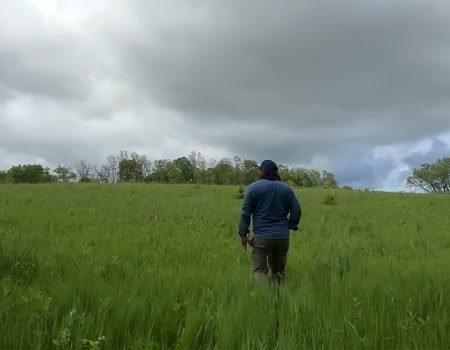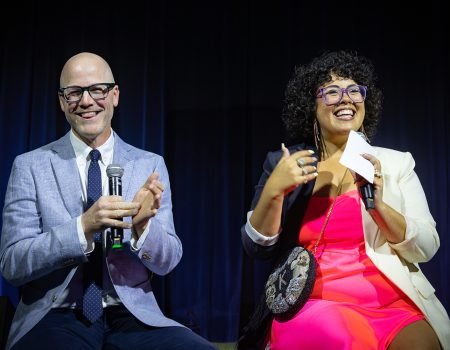Give Thanks
At some point in the hours prior to the Thanksgiving dinners of our childhood, our mother would whisper to Chris and me to begin thinking about what we were thankful for.
Soon, we were sprawled alongside our cousins, Kayla and Nancy, on the living room floor, fashioning crude, construction-paper kittens, trees and baseball mitts from crayons, glue and glitter.
Later, when the Elmer’s had rendered the edges a dull, milky-gray, we’d go around the table one-by-one to explain what we’d made. Then we’d stand, and pin it to a piece of ochre burlap with a hand-painted cornucopia hanging from a dowel on the dining room wall.
This was the mid-Seventies. Very Godspell.
Whichever fraught origin story you pin to it, Thanksgiving is a harvest festival, like so many others in so many regions around the world. And who can’t get behind gratitude?
Until 1863, Thanksgiving was a state construct in the US, each celebrating in its own way, in its own time.
In the fall of that year, the nation was locked in civil war, grossly divided by whether, as President Abraham Lincoln put it, any nation conceived and dedicated to the proposition that all men are created equal, can long endure.
In January, the US Army slaughtered hundreds of Shashone. In March, there were draft riots. In April, there were food riots.
And in July, some 50,000, brothers, cousins, uncles and fathers were killed or injured in the war’s single largest battle in Gettysburg.
Still, amidst division, devastation and loss, there was progress.
Ground was broken on the first Transcontinental Railroad. The first land grant college was established.
What what would go onto become the largest rapid transit system in the United States began in Coney Island, Brooklyn.
And in September, a 74-year-old magazine editor, Sarah Hale, wrote President Lincoln urging, “a day of annual Thanksgiving made national.” Six days later, Lincoln made his still timely proclamation:
“To observe the last Thursday of November as a day of Thanksgiving and Praise, [when], while offering up the ascriptions justly due Him, they do also commend to [God’s] tender care those who have become widows, orphans, mourners or sufferers in the lamentable civil strife in which we are unavoidably engaged. And we implore the Almighty to heal the wounds of the nation and restore it to the full enjoyment of peace, harmony, tranquillity and Union.”
These are hard times: 268,000 US dead. Thirteen million unemployed. Fifty-five million children learning remotely.
There are deep tears in our social, racial and economic fabric. Deep divisions in our beliefs. And deep distrust of our information — and each other.
And yet, if we pause, exhale our vitriolic, held breaths, and look closely, we may find that we are rife with blessings: friends, family and neighbors; poetry, prose and song; sunrise, sunset — and all that glimmers in-between.
These are hard times.
These will always be hard times.
That’s the gig: turn, turn, turn.
As so, as we pause to count our blessings and our tears, as we fumble with construction paper, glue and glitter, as we crowd around Zoom screens and FaceTimes, let us remember and reach out to the frail forms fainting at the door — to those who may need our kindness, our generosity, or our help the most.
They may be right down the street. They may be right next door. Or they may be right beside you.
As Mister Rogers reminds us, “All of us, at some time or another need help. Whether we’re giving or receiving, each one of us has something valuable to bring to this world. That’s what connects us as neighbors.”
“Friends & Neighbors” is a Wagner Bros Production. Watch on Facebook and YouTube, listen on Apple Podcasts, and subscribe to the newsletter at Friends and Neighbors Show Dot Com.



